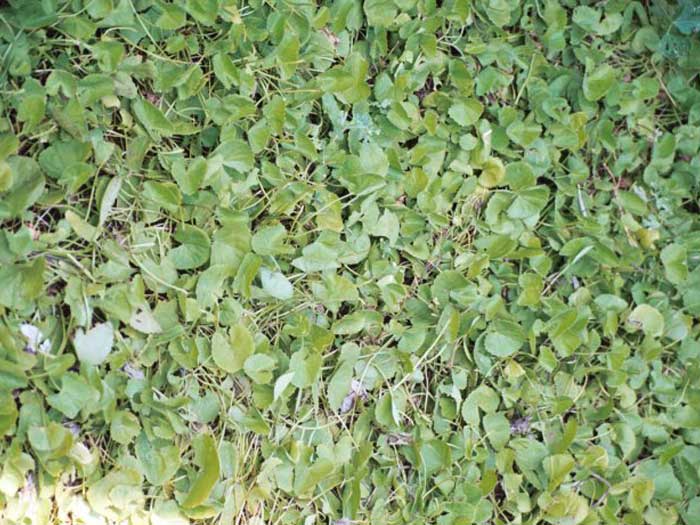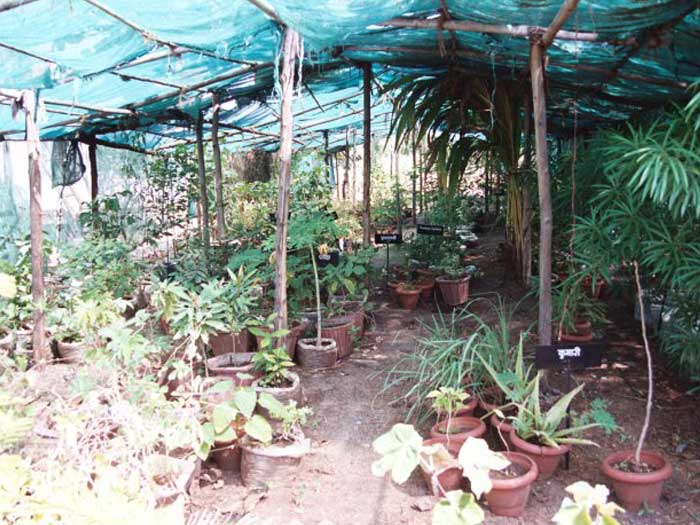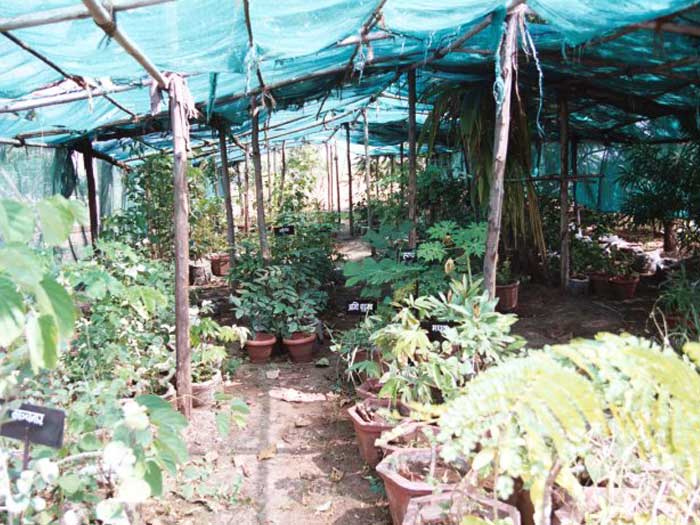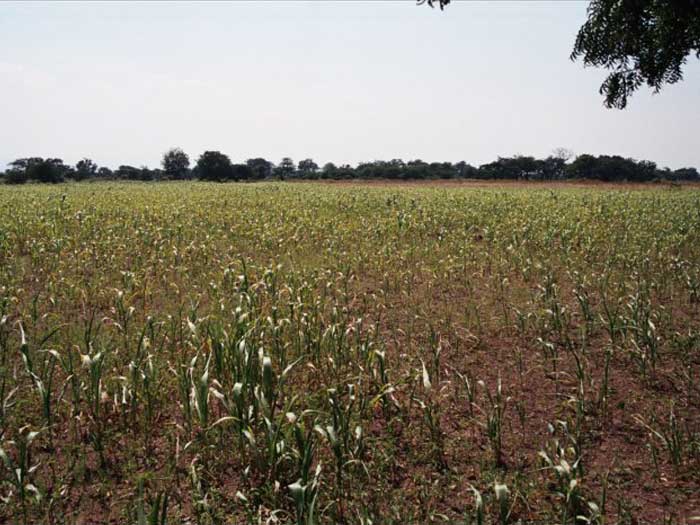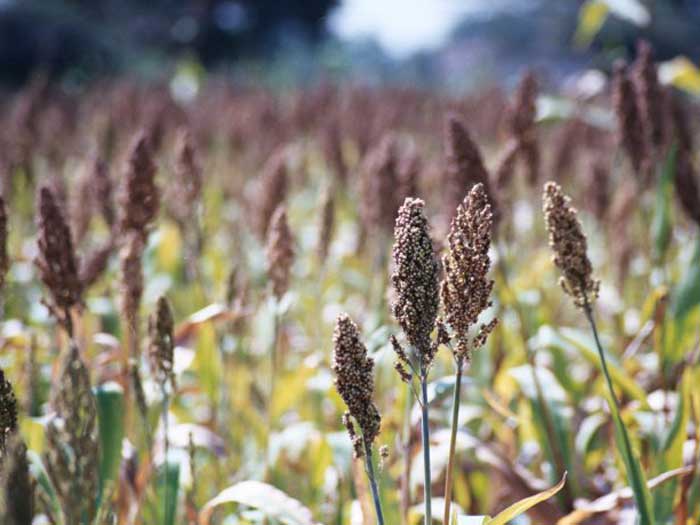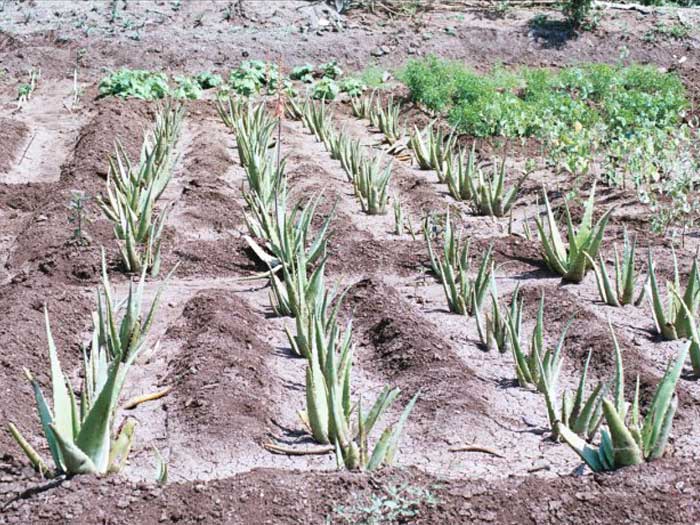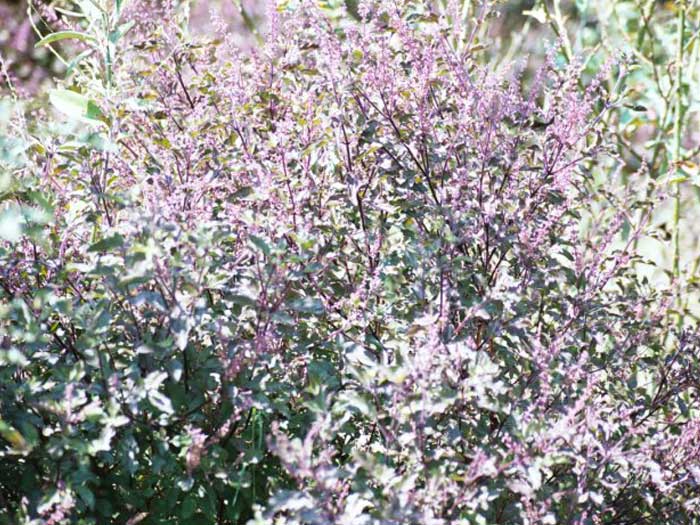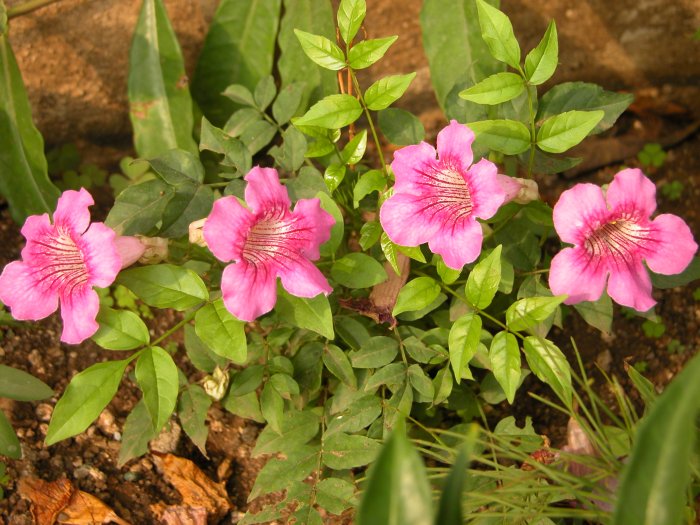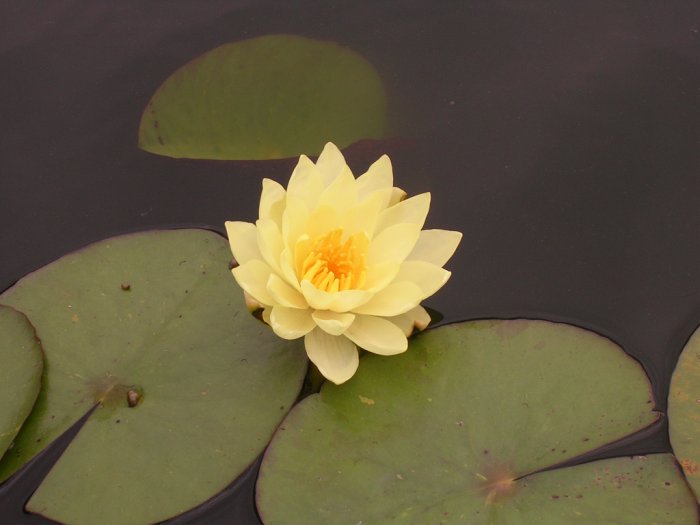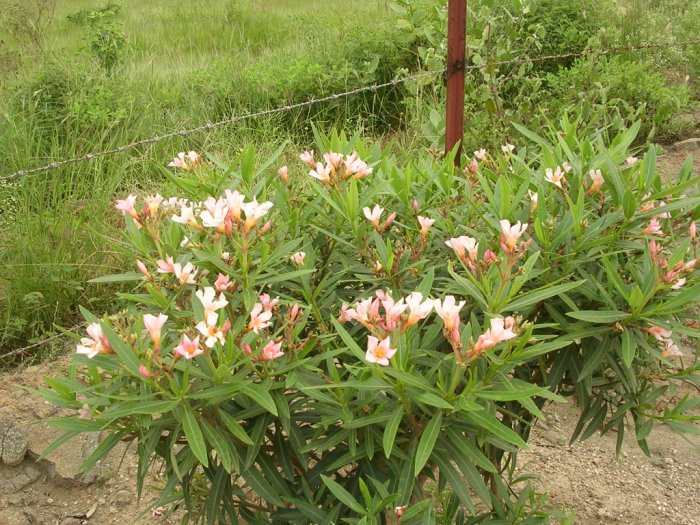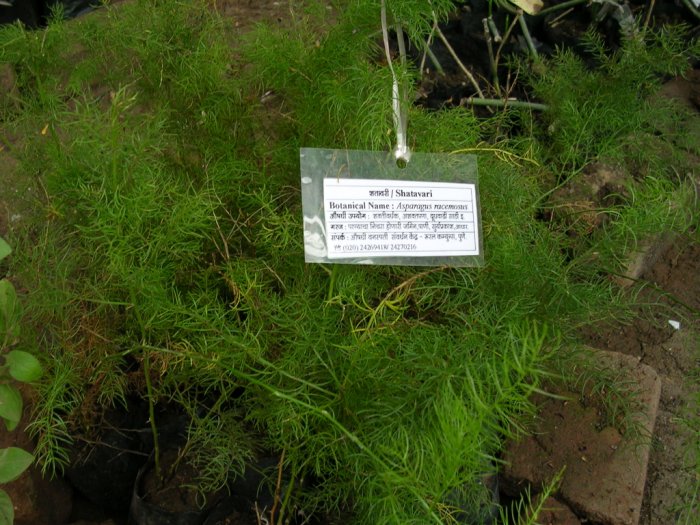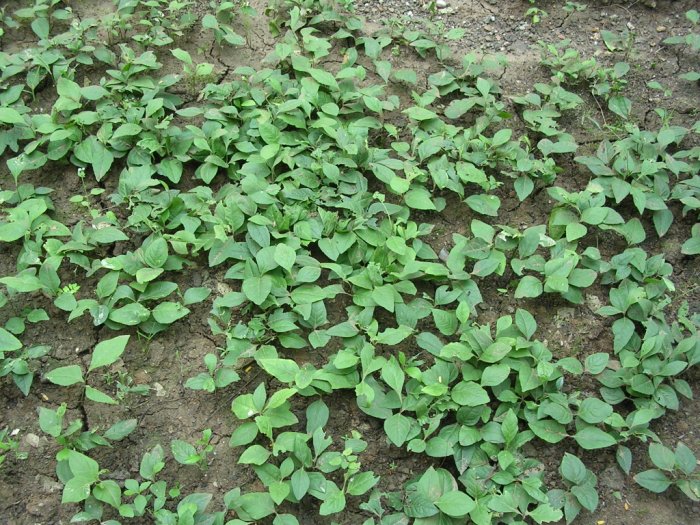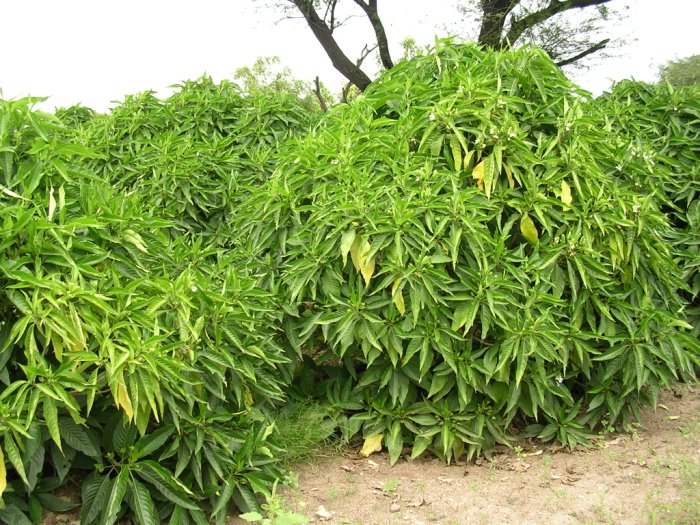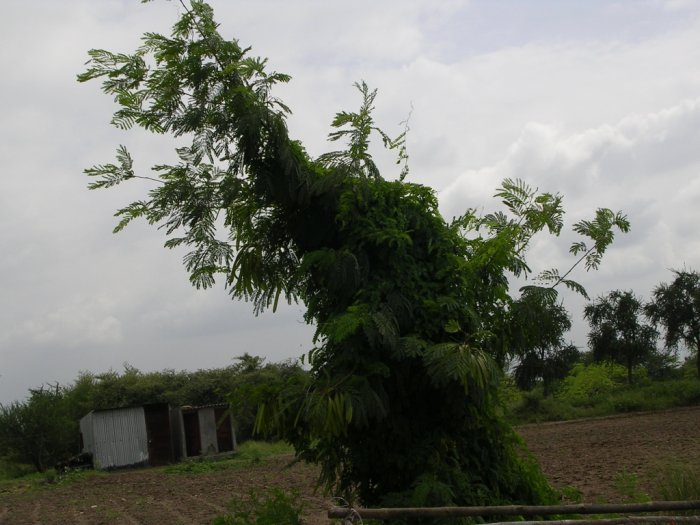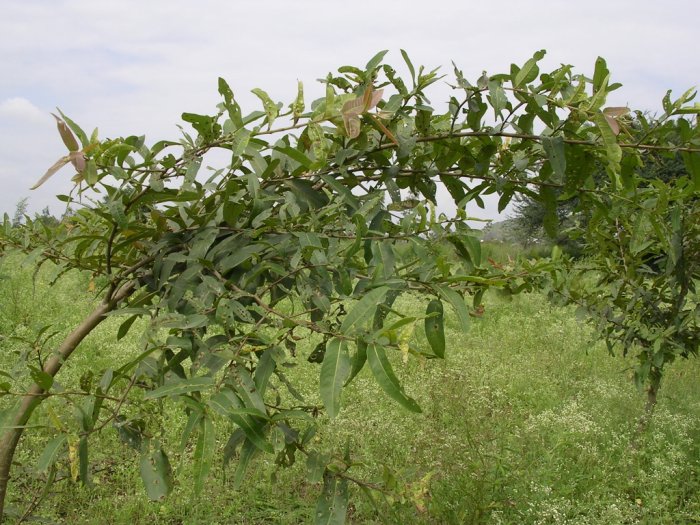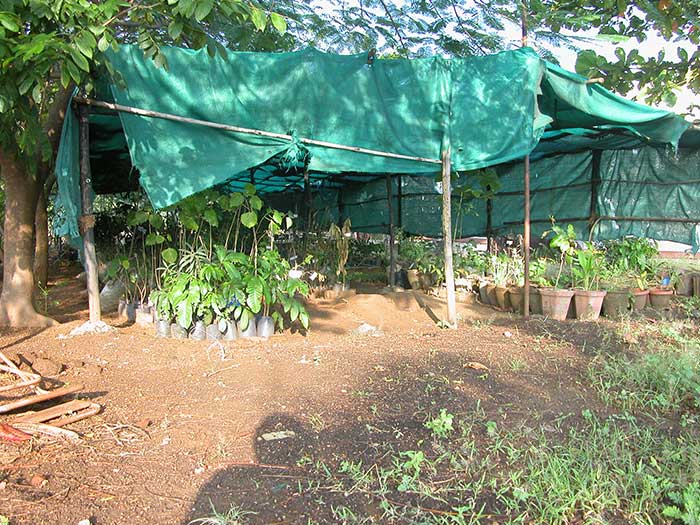Bharatiya Sanskriti Darshan Trust has developed and maintained a separate unit for the production of quality medicinal plants.
- The arboretum of medicinal plant species is spread on about 22 acres of land which has more than 200 species. They are useful for the under graduate and post graduate curriculums. e. g. Guggul (Commiphora mukul), Kumari (Aloe vera), Vasa (Adathoda vasica) etc.
- We are proud of the cultivation of pure and excellent quality herbs without using chemical fertilizers.
- We cultivate medicinal plants for supplying authentic raw material to Atharva Ayurved Pharmaceuticals.
- Gardening of plants is done at medicinal plant nursery and saplings are supplied to medicinal garden for cultivation.
- The Triphala and Dashmoola projects comprise of cultivation of genuine Triphala and Dashmoola plants in 1.5 acre of land.
- All the agricultural activities are guided by Dr. S. P. Birari (Ex Dean, Director of Research of Konkan Krishi Vidyapeeth, Dapoli).
- Alongwith herbal medicinal plants this venture also undertakes plantation of flowers like rose, lotus, jasmine, hibiscus which possess numerous medicinal qualities along with beauty enhancement characteristics. Thus, cultivation of various flowers for beauty and health purpose has been started in trust’s land and is under development.
- Ayurveda, the science of life believes in prevention to be better than cure. Ahara (Diet) is main pillar of human body on which our health depends. With an aim of providing quality food to our patients Sanjivanee Planation Unit has also started cultivation of Vegetables, Fruits and Grains for inhouse use.
Projects undertaken by Sanjivanee Medicinal Plantation Unit :
- Medicinal plant garden for representing number of species in the B.A.M.S. curriculum & help full for the post graduate purpose.
- Cultivation of demonstration plants to demonstrate as well as to collect the seedlings.
- Cultivation of medicinal plant species in a large scale to provide genuine raw material e.g. Trifala, Dashmool.
- To establish & maintain well equipped nursery.
- Cultivation of vegetables provided to indoor patients from India & abroad.
- Cultivation of fodder to full fill the needs of cattle’s in the farm.
- To conduct different research activities related to medicinal plants.
- Collection of dry specimens for curriculum.
- Other academic activities to enhance the curriculum wise departmental structure.
Medicinal Plantation
Nature has got in it’s treasure remedies for number of diseases. Many plants possess tremendous medicinal values. For thousands of years Ayurveda is using herbs for curing numerous diseases ranging from mild cold to severe chronic diseases like Cancer with herbal medicines. The efficacy of Ayurvedic medicines largely depends upon the quality raw herbs being used for the medicines. Sanjivanee Medicinal Plantation Unit is richly endowed with a wide range of herbal medicinal plant species. More than 100 herbs are being cultivated here and are being grown up in scientific way which adds on to it’s efficacy.
As it is mandatory for the U.G. & P.G. curriculum to establish the medicinal plant arboretum, this department had collected scientifically identified different medicinal plant species. And the full flesh nursery in maintained. The plants were hardened in the nursery for 1 year & then shifted to the garden. Thus Sanjivanee Plantation Unit has established avenues of Neem (1500), Amalika (500), Karanja (500), with the arboretum on the Acres of land with 160 Species.
Cultivation of Medicinal Plants Species in Sanjivanee Medicinal Plantation (Wagholi) are given below.
To fulfill the need genuine raw material the identified & rare species are planted in large scale :-
| No. | Name of Species | Area under Cultivation (Acres) |
| 1. | Kumari | 5.00 |
| 2. | Triphala | 1.00 |
| 3. | Dashamul | 1.00 |
| 4. | Vasa | 1.5 |
| 5. | Ashwagandha | 0.5 |
| 6. | Ushir | 0.25 |
| 7. | Taruni | 0.25 |
| 8. | Bhu Trun | 0.25 |
| 9. | Suwarna Patri | 0.5 |
Flower Plantation
Plants are the natures healthy source of life for the diseased as well as for healthy. Ayurvedic texts have described many flowers for effective medicinal qualities. Flowers are also known for beauty enhancement characteristics. In this Floriculture project flowers cultivation at Sanjivanee Plantation is done in a scientific method adding to it’s efficacy. The breeds being used for flowers are keeping in mind their individual characteristics from therapeutic point of view. Organic fertilizers being used further enhances the quality of the flowers. This unit is yet under development and we are planning to expand this unit at earliest for providing this treasure to the world in terms of medicinal properties.
Vegetable Plantation
Ahara (Diet) is main pillar of human body on which our health depends. Vegetables form up an important part of our diet. They are the most natural resource for vitamins, minerals and proteins. Research suggests that the methods and principles which are used in cultivation of vegetables largely affects plant’s capacity of providing quality contents to body. The antioxidants, proteins, vitamins and minerals which have a significant impact on health and nutrition are enhanced by following scientific methods of cultivation, using organic fertilizers and by avoiding pesticides usage. The vegetables being grown in Sanjivanee Medicinal Plantation Unit are used for the patients admitted to Bharatiya Sanskriti Darshan Trust’s Hospital.
Grains Plantation
Ayurveda has defined three pillars of body on which our health depends. Those are Diet, Sleep and Celibacy. Ahara (Diet) is main pillar of human body on which our health depends. Grains form up most important part of our diet. Different grains contains number of vitamins, minerals and proteins. The benefits one gets from grains largely gets affected by the methods being used in growing up plants, the quality of seed being used, fertilizers being used. The grains being cultivated in Sanjivanee Medicinal Plantation Unit are using the scientific methods of agriculture which ensures the best of antioxidants, proteins, minerals, vitamins, fiber in the grain. The grains are used for inhouse purpose.

